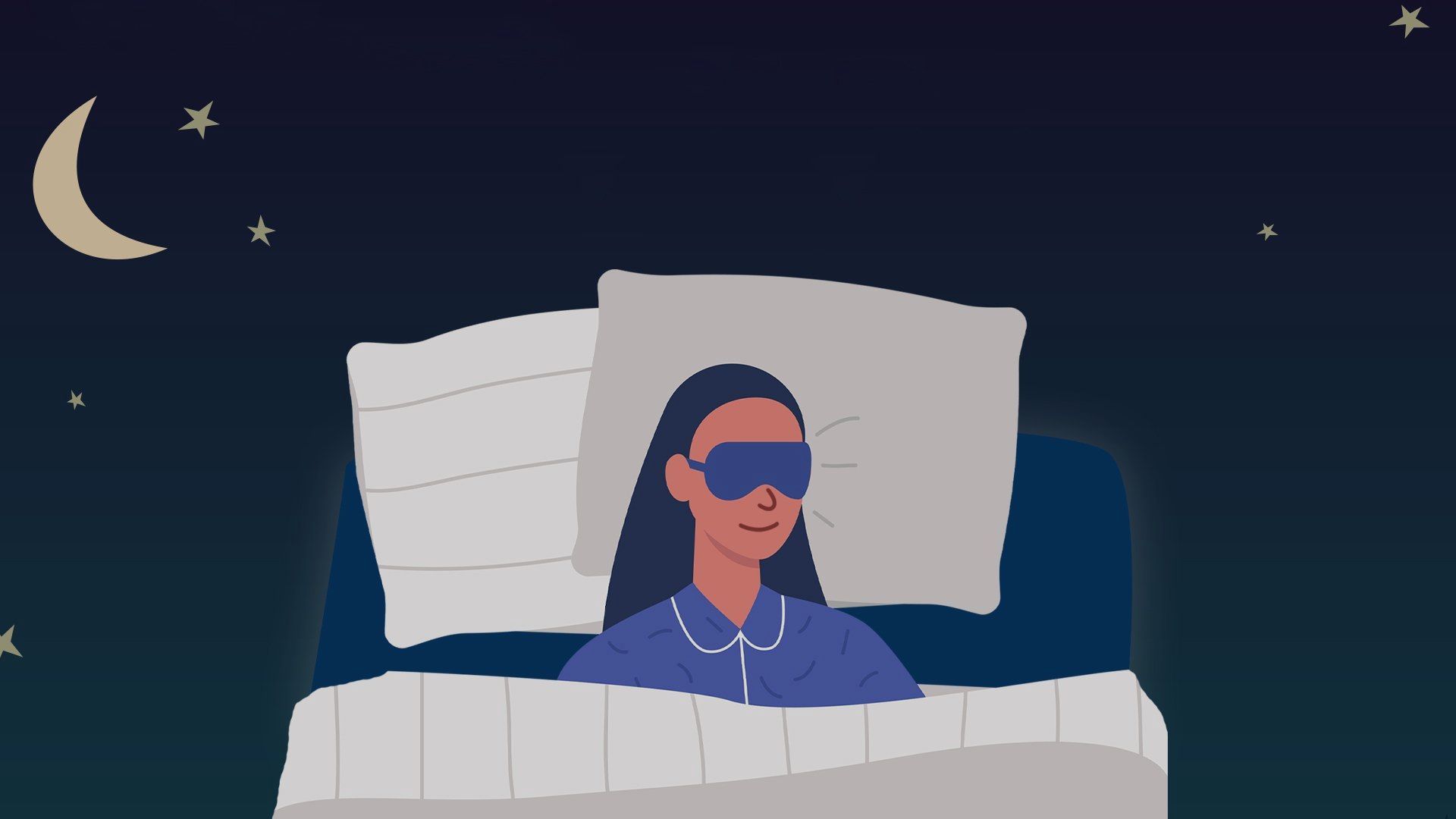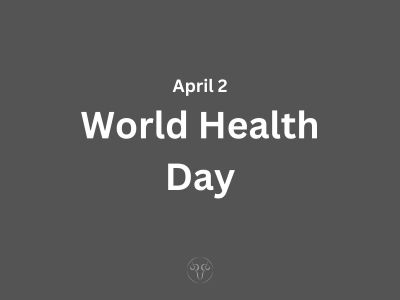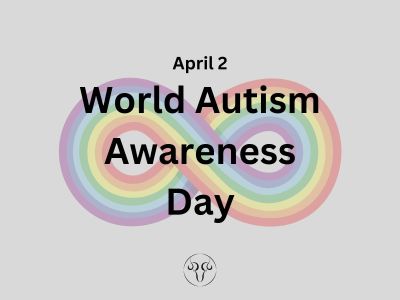Sleep - Things About Sleeping

Scientists agree that sleep is essential to health, and while stages 1 to 4 and REM sleep are all important, deep sleep is the most essential of all for feeling rested and staying healthy. The American Academy of Sleep Medicine (AASM) and the Sleep Research Society (SRS) have issued a new recommendation, saying seven is the Mystical sleep number for most healthy adults.
What is Sleep? How do we define sleep as other things?
Sleep is a sedentary mental and physical condition and a period of rest. It is distinguished by altered consciousness, inhibited sensory activity, diminished muscle activity, and decreased interactions with the environment. It differs from wakefulness in that it has a reduced ability to respond to stimuli, but it is more reactive than comas or disorders of consciousness, with sleep revealing diverse, active brain patterns.
What happens when we Sleep?
Sleep happens in cycles in which the body alternates between two modes: REM sleep and non-REM sleep. Although REM stands for "rapid eye movement," this type of sleep has numerous other characteristics, including virtual bodily paralysis and dreams are a series of images, ideas, emotions, and feelings.
What are hypnagogia and hypnopompic states? How are they related to sleep?
Hypnagogia is the experience of the transitional state from wakefulness to sleep: the hypnagogic state of consciousness, during the onset of sleep. Mental phenomena that may occur during this threshold consciousness phase include hypnagogic hallucinations, exploding head syndrome, lucid dreaming, and sleep paralysis.
Hypnopompia is the state of consciousness leading out of sleep, a term coined by the psychical researcher Frederic Myers. Its mirror is the hypnagogic state at sleep onset; though often conflated, the two states are not identical and have a different phenomenological character.
What effects of sleep on the body and mind of humans?
Most of the body's systems are anabolic during sleep, assisting in the restoration of the immune, circulatory, nervous, skeletal, and muscular systems; these are critical processes that maintain mood, memory, and cognitive function, as well as play an important role in the endocrine and immune systems' function.
Humans secrete spurts of growth hormone during slow-wave sleep. Prolactin secretion is linked to all types of sleep, including daytime sleep.
The brain undergoes the most evident physiological changes while sleeping. The brain consumes substantially less energy when sleeping than when awake, especially during non-REM sleep. The brain replenishes its supply of adenosine triphosphate (ATP), the chemical utilised for short-term energy storage and transport, in low-activity areas.
Every night, the internal circadian clock promotes sleep. Current study is focused on the various functions and mechanisms of sleep. Sleep is a behaviour that has mostly remained unchanged throughout animal evolution.
Sleep raises one's sensory threshold. In other words, while sleeping, people absorb fewer inputs but can still respond to loud noises and other important sensory experiences.
What are the effects of sleep on Brainwave(EEG)?
An EEG's electrical activity indicates brain waves. The amplitude of EEG waves at a specific frequency corresponds to different stages of the sleep-wake cycle, such as sleeping, being awake, or falling asleep. Alpha, beta, theta, gamma, and delta waves are all observed during various stages of sleep.
Alpha waves are seen while a person is resting yet still fully cognizant. Their eyes may be closed, and their entire body may be resting and relatively still, as the body begins to slow down.
When a person is paying attention, such as when they are performing a task or concentrating on something, beta waves take over. When a person is fully alert, beta waves have the greatest frequency and the lowest amplitude. When a person is awake, just the alpha and beta waves are visible.
Gamma waves are produced when a person is intensely concentrated on a task or exerting all of their concentration.
Theta waves occur during a person's awake phase and continue to transition into Stage 1 and Stage 2 sleep.
Delta waves are visible in stages 3 and 4 of sleep, when a person is sleeping deeply.
What is REM?
REM sleep and deep sleep are sufficiently dissimilar that physiologists distinguish them as discrete behavioural states. Non-REM sleep comes initially, followed by slow-wave sleep or deep sleep after a transitional period. Body temperature and pulse rate diminish during this period, and the brain needs less energy. REM sleep, sometimes referred to as paradoxical sleep, accounts for a lesser proportion of overall sleep time. It is the primary cause of dreams (or nightmares) and is connected with desynchronized and rapid brain waves, eye movements, muscular tone loss, and homeostasis suspension.
What is Awakening?
Awakening may signal the end of sleep or simply a brief period of assessing the surroundings and readjusting body position before falling asleep again. Sleepers typically awaken near the conclusion of a REM cycle, or even in the middle of one. Internal circadian indicators, in conjunction with a successful reduction in homeostatic sleep demand, usually result in awakening and the end of the sleep cycle. Increased electrical activity in the brain, which originates in the thalamus and expands throughout the cortex, characterises awakening.
What is Sleep Debt? Why we sleep?
In general, the greater an organism's requirement for sleep, or simply more the sleep debt, the longer it is up. Process S is the mechanism that causes sleep. Homeostasis is the process of regulating the balance of sleeping and waking. Sleep deprivation is described as a loss of sleep, either induced or perceived.
How much sleep do we need by age? How much sleep do i need?
Subjective happiness, proper timing, adequate duration, high efficiency, and maintained alertness throughout waking hours are all indicators of good sleep health. This proposed definition does not encompass, and is not limited to, any specific sleep condition. It is often observed that how much sleep time is good depends on a person's age and varies somewhat from person to person. A good quantity of sleep required for a person to stay healthy is as follow
Age - Sleep Time
0–3 months(Newborns) - 14 to 17 hours
4–11 months(Infants) - 12 to 15 hours
1–2 years(Toddlers) - 11 to 14 hours
3–4 years(Preschoolers) - 10 to 13 hours
5–12 years(School children) - 9 to 11 hours
13–17 years(Teenagers) - 8 to 10 hours
18–64 years(Adults) - 7 to 9 hours
65 years and over (Older Adults) - 7 to 8 hours
What are common Sleep disorders and diseases?
Sleep disorders, often known as dyssomnias or sleeping disorders, include insomnia, hypersomnia, narcolepsy, and sleep apnea.
Humans can be affected by parasomnias such as sleepwalking and rapid eye movement sleep behaviour disorder, as well as bruxism and circadian rhythm sleep disorders.
The use of artificial light has had a considerable impact on human sleep habits. Common sources of artificial light include the displays of electronic devices such as cellphones and televisions, which emit large amounts of blue light, a form of light generally associated with daylight. This inhibits the release of the hormone melatonin, which is necessary for the regulation of the sleep-wake cycle.
What are the effects of the psychotropic substances on sleep?
Some psychotropic substances that induce sleep are known as hypnotics; many depressants and sedatives are hypnotics. Some common hypnotics/depressants/sedatives include
Although benzodiazepines and nitrazepam interfere with REM sleep,
Eszopiclone (Lunesta), zaleplon (Sonata), and zolpidem (Ambien) are nonbenzodiazepine hypnotics.
diphenhydramine (Benadryl) and doxylamine are antihistamines.
ethanol, despite its late-night rebound effect and interference with REM; barbiturates, which have the similar problem; melatonin, a component of the circadian clock that is normally released at night by the pineal gland; and cannabis, which may also interfere with REM.
Some opioids (such as morphine, codeine, heroin, and oxycodone) can induce sleep and have the potential to affect sleep architecture and sleep stage distribution.
Stimulants are psychoactive substances that stimulate the body and interfere with sleep. Some typical stimulants are
Caffeine is an adenosine antagonist, as are amphetamine, methamphetamine, and cocaine.
MDMA, empathogen-entactogens, and other similar substances;
Cocaine, which has the ability to disrupt the circadian rhythm,
methylphenidate, which has a similar effect; and other
Modafinil and armodafinil are analeptic medications with poorly understood mechanisms.
Caffeine consumption in excess can lead to disrupted sleep patterns and, in rare cases, sleep deprivation.
Some medicines may change the patterns of sleep without inhibiting or inducing sleep.
Drugs that amplify or inhibit endocrine and immune system secretions associated with certain sleep stages have been shown to alter sleep architecture.
Some of the tips and tricks for getting Healthy Sleep
Good sleep habits(sleep hygiene) can help you get a good night’s sleep. According to the National Institutes of Health, adults require 7-8 hours of sleep per night to maintain good mental and physical health, improve quality of life, and avoid an increased risk of harm. They suggest the following tips for getting a good night's sleep:
Some habits that can improve your sleep health:
- Be consistent. Even on weekends, go to bed at the same time every night and wake up at the same time every morning.
- Make a routine to help you relax before going to bed (for example, reading or listening to music). Turn off the television and other screens at least an hour before going to bed.
- Don't lie awake in bed. If you still can't sleep after 20 minutes, try something relaxing, such as reading or listening to quiet music.
- Avoid eating a large dinner late in the day. A little snack before bedtime is acceptable.
- Make your bedroom comfy, dark, and quiet, as well as not too hot or cold.
- Exercise on a regular basis, but not within 2-3 hours of going to bed.
- Take naps no later than 3 p.m., and no longer than 20 minutes.
- Avoid taking nicotine, caffeine and alcohol near going to sleep.
- If you're still having difficulties sleeping, see a doctor.
Thats all about Sleep - Things About Sleeping!!!









